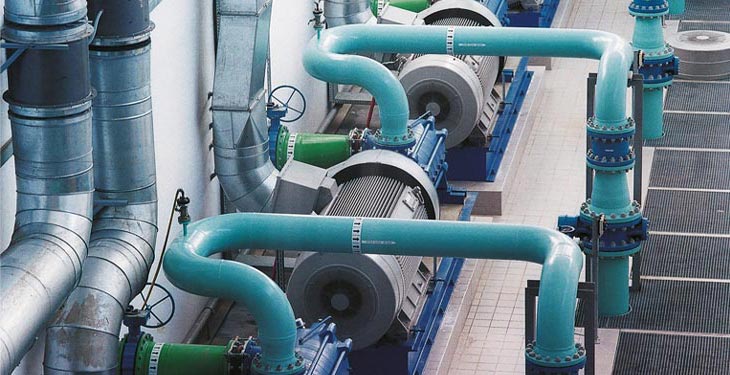In the realm of industrial operations, efficiency and cost-effectiveness are paramount. One often overlooked yet critical aspect of maintaining these is the management of heat within the system. This is where industrial circulating cooling water systems come into play, serving as a linchpin in the quest for operational excellence and cost savings.
At the heart of these systems lies their ability to dissipate heat generated by machinery and equipment, ensuring that they operate within optimal temperature ranges. This is not merely a matter of comfort for the machinery; it's about preventing overheating, which can lead to equipment failure, reduced lifespan, and costly downtime. By maintaining a stable temperature, these cooling systems extend the life of machinery, reducing the need for frequent replacements and repairs, which in turn leads to significant cost savings over time.
Moreover, the efficiency of a cooling system directly impacts energy consumption. An optimally designed industrial circulating cooling water system minimizes the energy required to cool the water, often through the use of advanced heat exchange technologies. This not only conserves energy but also reduces the operational costs associated with electricity and water usage.

The design of an industrial circulating cooling water system is tailored to the specific needs of the industry it serves. This customization allows for a more precise control of the cooling process, which can lead to further savings. For instance, by using variable speed drives on pumps and fans, the system can adjust to the exact cooling needs at any given moment, avoiding the waste of energy that comes with overcooling.
One of the advantages of our "Industrial Circulating Cooling Water System" is its adaptability to various industrial environments. It is designed with robust components that can withstand the rigors of industrial use, ensuring reliability and longevity. Additionally, the system incorporates state-of-the-art control systems that allow for real-time monitoring and adjustments, further optimizing the cooling process and reducing the risk of operational inefficiencies.
Another significant aspect of cost savings comes from the environmental benefits of these systems. By efficiently managing water and energy resources, industrial operations can reduce their environmental footprint, potentially leading to tax incentives and regulatory compliance benefits. This not only contributes to a company's green credentials but also to its bottom line.
The contribution of industrial circulating cooling water systems to cost savings in industrial operations is multifaceted. They extend the life of machinery, reduce energy consumption, offer precise control for optimal performance, and provide environmental benefits. Investing in a high-quality system, such as our "Industrial Circulating Cooling Water System," can be a strategic move for any industry looking to enhance its operational efficiency and financial performance.
 En
En
 عربى
عربى 中文简体
中文简体

